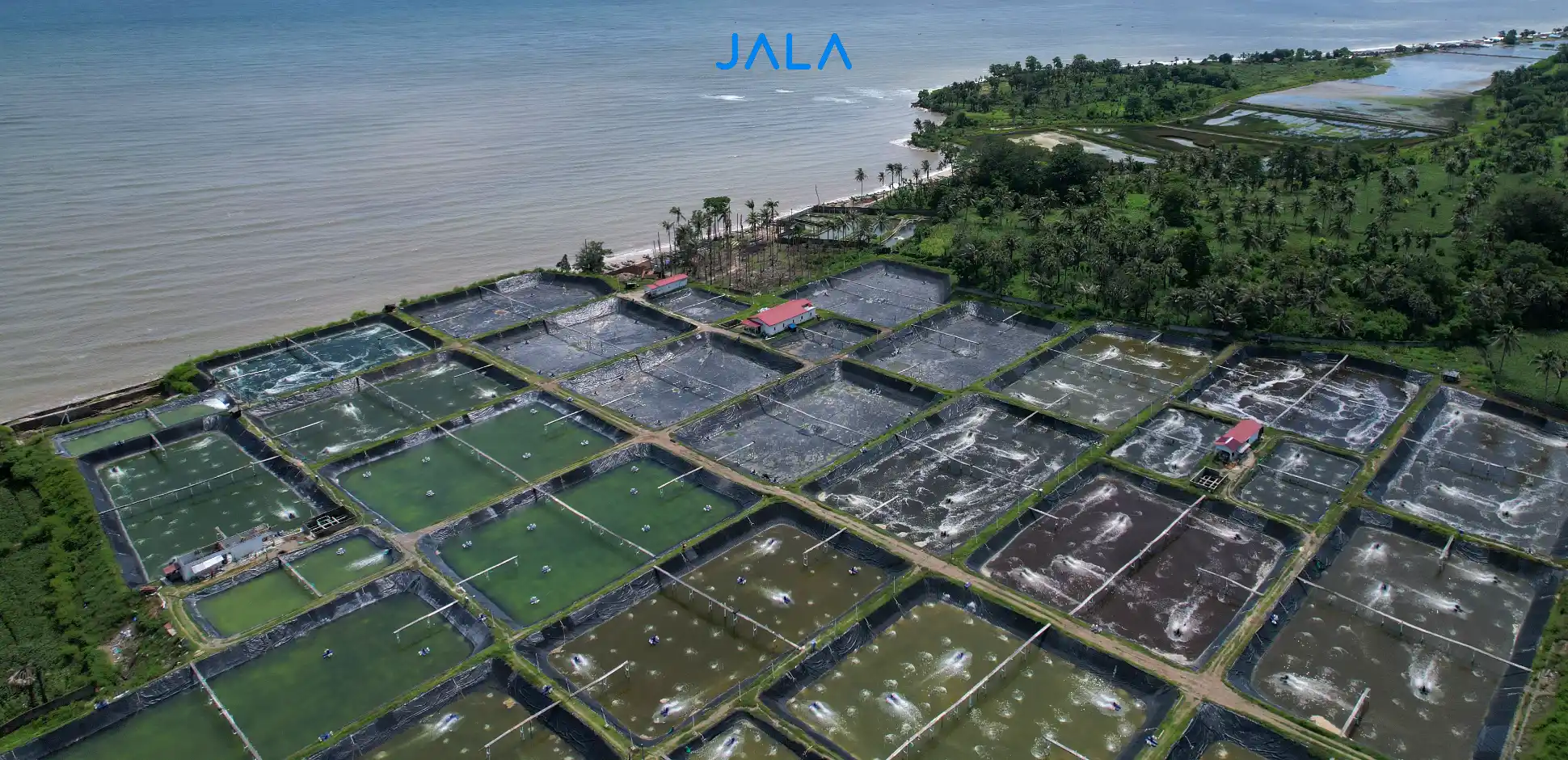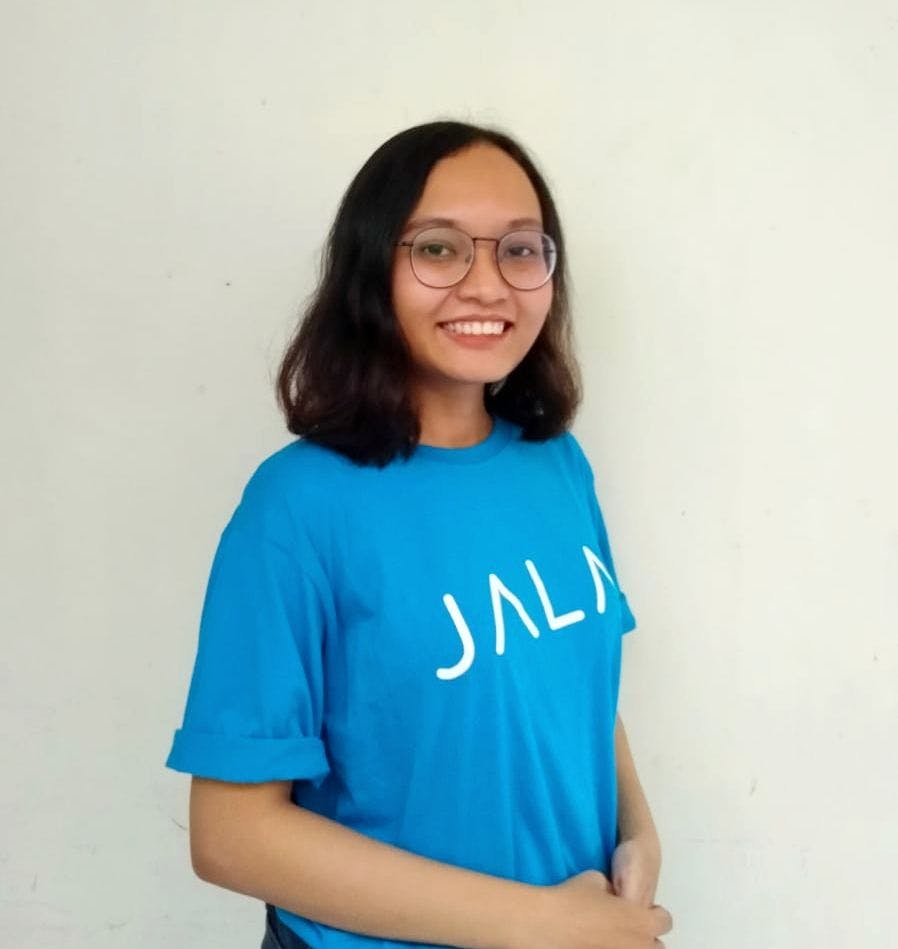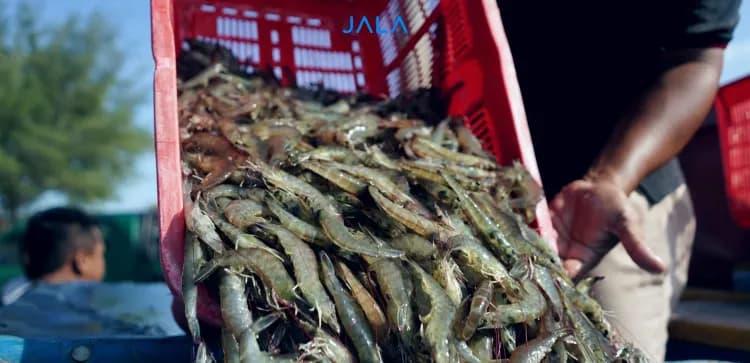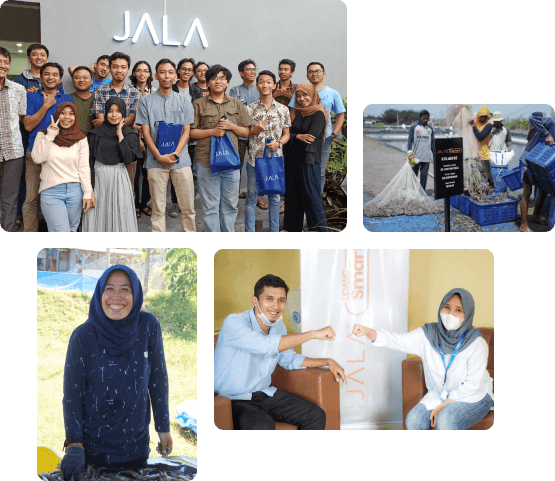
Shrimp farming requires responsible cultivation practices in addition to pursuing production targets. One of the ways to implement this practice is through complying with the legality of the farm.
In Indonesia, the Ministry of Maritime Affairs and Fisheries has required fish and shrimp farming businesses to comply with farm licensing. Learn more about the two crucial licensing that Indonesian farmers must fulfill below.
Contents
Related ArticlesLogin to Read the Full Article
Use your Jala account to read this article. If you don't have an account, please register on Jala App.




